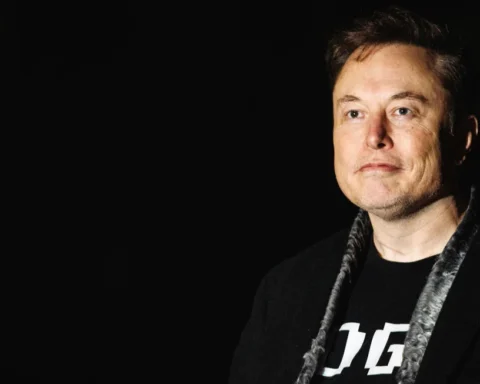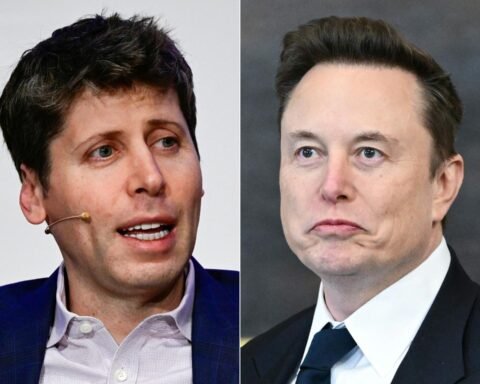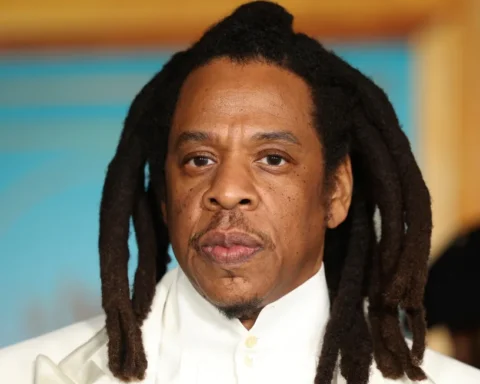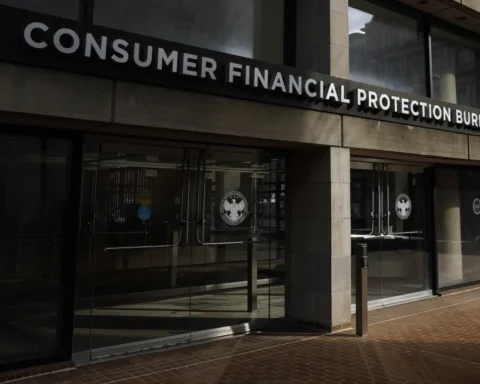
Elon Musk and Trump Allies Push for Radical Reshaping of U.S. Money Supply, Raising Questions About the Future of the Federal Reserve
As Elon Musk backs calls to dismantle the Federal Reserve, the debate intensifies over the future of America's economic independence under Trump’s influence.
·
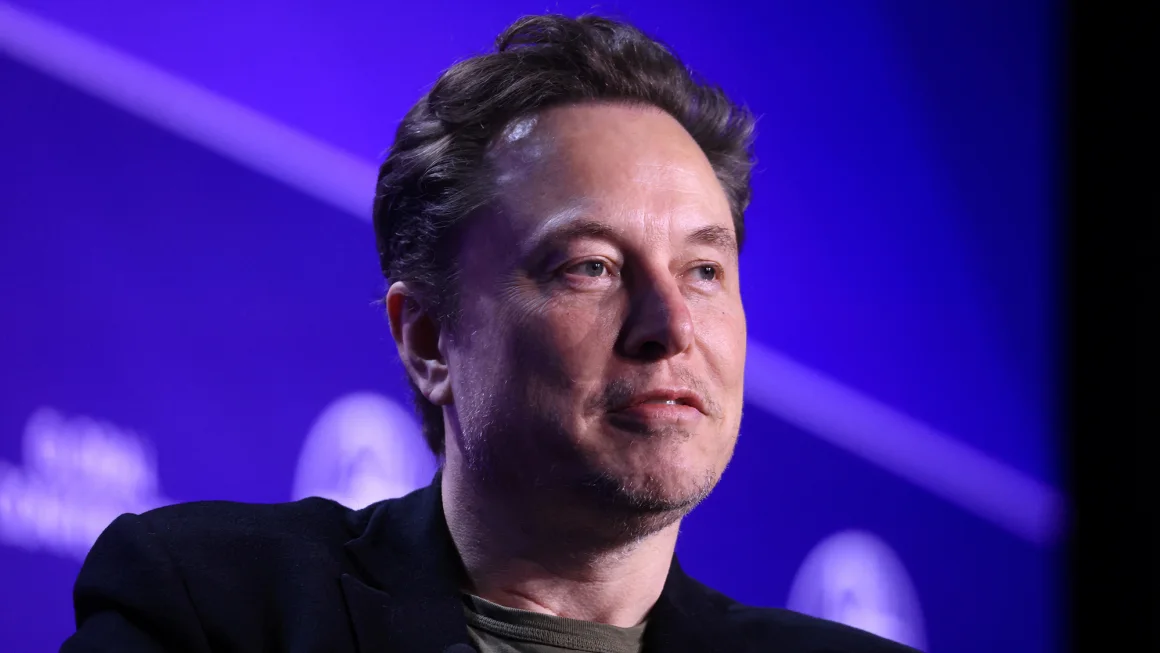
As Elon Musk endorses calls to abolish the Federal Reserve, the debate intensifies over the independence of America’s central bank under President Trump’s influence.
In a dramatic turn of events, Elon Musk, one of President-elect Donald Trump’s prominent supporters, has helped amplify calls to radically change the way America controls its money supply, with a particular focus on the role of the Federal Reserve. In a post shared on social media, Musk endorsed Republican Senator Mike Lee’s call to abolish the central bank, signaling a potential seismic shift in U.S. monetary policy.
The Federal Reserve, an independent entity that has overseen the nation’s monetary policy since its creation in 1913, could soon find itself at the center of an unprecedented political storm. With Musk’s endorsement, the debate over the Fed’s structure has gained momentum, raising concerns about political influence on the nation’s economy.
The Growing Push to End the Fed
In a post on X (formerly Twitter), Lee, a staunch advocate of reducing the Federal Reserve’s power, argued that the central bank’s actions violate constitutional principles. He called for the abolition of the Fed, claiming that its control over monetary policy is inconsistent with the executive power granted to the president. Musk’s resharing of Lee’s post with a “100” emoji only added fuel to the fire, suggesting he agrees with this radical proposal.
This idea is not new. Throughout U.S. history, figures like former Congressman Ron Paul have championed the cause of dismantling the Fed, most notably in his 2009 book End the Fed. In June, Lee and fellow Republican Rep. Thomas Massie introduced legislation aimed at dismantling the Federal Reserve and shifting its functions to the U.S. Treasury. The calls have gained traction, but whether they will become a reality remains uncertain.
Trump’s Position and the Power Struggle
While Trump has not explicitly stated his stance on abolishing the Federal Reserve, his track record on the subject has been contentious. During his campaign, Trump repeatedly criticized the Fed for its interest rate policies and even threatened to remove Jerome Powell, the Fed chair, when his decisions did not align with Trump’s economic agenda. Trump’s rhetoric has indicated a desire to exert more influence over the central bank’s decisions, including the possibility of requiring Fed officials to consult with him on interest rates.
If Trump does pursue these changes, it could create significant challenges for the Federal Reserve’s long-standing independence. For decades, the Fed has operated as a politically neutral institution tasked with managing the nation’s monetary policy, specifically targeting price stability and maximum employment. This insulation from political pressure has allowed Fed officials to make tough but necessary decisions, such as resisting calls to lower rates during periods of high inflation.
Legal Hurdles and Political Realities
The question now is whether Trump, or any future president, can legally reshape the Fed’s structure or even remove its leaders. Federal Reserve officials, including Powell, have made it clear that the law limits a president’s ability to remove the chair unless there is “cause.” This legal framework has been reinforced in multiple rulings, and it remains unclear what actions would constitute sufficient grounds for such a dismissal.
While the push to reform or dismantle the Federal Reserve may gain momentum in Congress, the courts could stand as a significant obstacle. The U.S. Supreme Court’s recent rulings in favor of maintaining the independence of agencies like the Consumer Financial Protection Bureau suggest that any challenge to the Fed’s autonomy might not succeed. Nonetheless, with a Republican majority in the Senate and several Trump-appointed justices on the Supreme Court, the legal landscape may soon shift, creating a window for potential reform.
Looking Ahead: The Future of the Fed
The push to abolish or fundamentally change the Federal Reserve reflects a growing trend of skepticism towards independent institutions, especially those that exert significant influence over the nation’s economy. Musk and other powerful figures within the Trump camp may continue to challenge the Fed’s authority, but the outcome of this battle will depend on the political, legal, and economic dynamics of the next few years.
As President Trump prepares for his second term, all eyes will be on how the administration navigates this growing pressure to reshape U.S. monetary policy. Whether or not the Federal Reserve remains intact or undergoes drastic reform could redefine the future of America’s economy for generations to come.
Post Views: 108
- Trump’s New Tariff Order on Canadian Imports Sends Shockwaves Through the Stock Market
- Timothée Chalamet and Kylie Jenner Spotted Sharing a Kiss at the BNP Paribas Open, Fueling Romance Rumors
- Trump Shows Support for Musk Amid Struggles: “I’ll Buy a Tesla to Back Elon”
- Millie Bobby Brown Speaks Out Against ‘Horrible’ Media Coverage: “I Will Not Be Shamed”
BUSINESS
CEO INSIDER
This error message is only visible to WordPress admins
Error: No feed with the ID 1 found.
Please go to the Instagram Feed settings page to create a feed.



